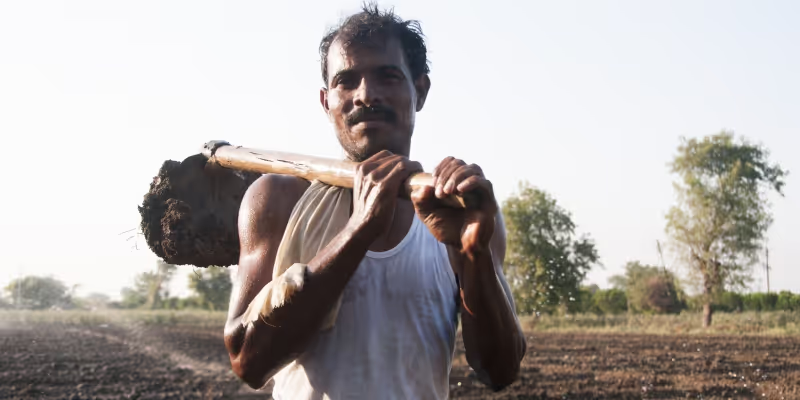Karnataka joins other states by waiving loan for 22 lakh farmers, but it isn’t enough
To reduce the burden of farmers, Chief Minister Siddaramaiah announced the plan to waive crop loans of up to Rs 50,000. This will cover 22 lakh farmers in total from all cooperative banks in Karnataka.
The move comes after the opposition party demanded the government to reduce the hardship faced by farmers resulting from the drought of 2016. According to IANS, while addressing the assembly, Siddaramaiah said,
Crop loans due up to June 20 will be waived, with farmers' total borrowings from cooperative banks standing at Rs 10,736 crore so far.

This waiver will cost the state a sum of Rs 8,165 crore. The Chief Minister said that despite the impact, it was the government's duty to waive the sum. He further urged the Centre to waive crop loans borrowed by farmers from the state-run and regional rural banks. He said,
Crop loans that farmers took from cooperative banks are only 20 percent of the total borrowings, including 80 percent from grameen (rural banks), nationalised (state-run), and other banks owned by the central government and its agencies.
By doing this, Karnataka follows other states like Uttar Pradesh, Punjab, and Maharashtra which have waived farmer loans. However, the state hasn’t waived the entire crop loan like the other states, and State Farmers' Association and Green Brigade President Kodihalli Chandrashekar have urged the state to waive that too.
The other disappointment results from the fact that the waiver will not be for loans up to Rs 1 lakh. According to IANS, B.S. Yeddyurappa, BJP President said,
Waiving crop loans of up to Rs 50,000 is not a big achievement. We expected the Karnataka government to waive loans of up to Rs 1 lakh. Had Siddaramaiah decided earlier, he would have saved the lives of 1,197 farmers who committed suicide due to debt.
1.3 billion, or two-thirds of India’s population depends on farming for their livelihood, but it just accounts for 14 percent of the gross domestic product. Which means that the divide between countryside and well-off cities is constantly growing.
This along with the discontent among the farmers in various parts of India makes one wonder how the Prime Minister will double farmers' income over the coming five years, as promised. Devika Kher, a policy analyst with Takshashila told The Hindustan Times,
“In the long term, the state government will have to think of a way of increasing revenue from agriculture.”
Do you have an interesting story to share? Please write to us at [email protected]. To stay updated with more positive news, please connect with us on Facebook and Twitter.







